Photo: Tiananmen Square under heavy clouds. (Lintao Zhang/Getty Images)
People News - The abnormal situation in China’s political scene continues to unfold, highlighting the chaos caused by internal struggles within the Communist Party leadership. The Fourth Plenary Session, which should have been held before the end of October last year, just prior to the Central Commission for Discipline Inspection (CCDI) Plenary Session, has still not been convened. Analysis suggests that the delay and irregularities in the CCP's usual practices may indicate significant changes in the political landscape.
As early as last July, during the delayed Third Plenary Session that had been postponed for nearly a year, rumors circulated that Xi Jinping had been injured in the head and his power diminished. In a moment of crisis, collective leadership within the CCP was discussed, with proposals for Xi's position as "Party Leader" to be temporarily taken over by Hu Chunhua, Ding Xuexiang, or Wang Huning (with the plan still under discussion). It was thought that, at the 21st Congress, Xi would formally step down. Analysts at the time believed that as long as Xi had any strength left, he would not passively give in, due to the many enemies he had accumulated over more than a decade: the princelings, the elders' faction, the democratic faction, the authoritarian faction, the Jiang faction, the second-generation red descendants, etc. These factions, with many supporters, were eyeing him eagerly. Those close to the "tigers" Xi had caged through his anti-corruption campaign were also looking for opportunities to take revenge. Xi knew that once he lost power, his family’s safety and their wealth would be at risk. Therefore, he would fight tooth and nail to retain his authority. If a "collective plan" were indeed in the works, delaying the Fourth Plenary Session to let that plan fall through became a possible strategy.
Another possibility is that the delay of the Third Plenary Session affected the timing of the Fourth Plenary Session. However, observers have noted that after the Third Plenary Session, the CCP under Xi Jinping entered a crisis of governance, with increasing signs of internal conflict. Involving CCP veterans, Zhang Youxia, the previously low-profile first vice-chairman of the Central Military Commission, suddenly made high-profile appearances in military media and received head-of-state-like receptions during overseas visits. He promoted his own people within the military regions, expanding the army’s influence, conducting military drills, and weakening Xi's naval forces. Meanwhile, Xi’s close ally, Military Commission member Miao Hua, was investigated, leading to investigations of figures like Defense Minister Dong Jun, the commander of the Armed Police, Wang Chunning, former Navy Political Commissar Qin Shengxiang, former Navy Political Commissar Yuan Huazhi, Rocket Force Commander Wang Houbin, and others, who were reportedly questioned by special investigative teams.
Recently, there were reports that former army commanders Han Weiguo, Li Qiaoming, and former army political commissar Qin Shutang were implicated. Another recent military corruption case involved the dismissal of Red Second Generation officials, including former Army Vice Commander You Haitao, and Southern Theater Navy Commander Li Pengcheng, from their positions as National People's Congress representatives on December 25.
Xi Jinping’s allies have been moved away from core positions within the Military Commission. For instance, the military's top aide, Zhong Shaojun, Director of the CCP Central Military Commission Office and Secretary of the Central Military Commission Office, has been appointed as the political commissar of the National Defense University. Chen Guoqiang, the deputy secretary of the CCDI and vice-chairman of the Military Commission Supervisory Commission, has been demoted to the position of political commissar at the National University of Defense Technology.
They are all close allies of Xi Jinping and his faction within the CCP.
Within the Chinese Communist Party, it has been claimed that over 108 generals, along with more than 500 officers of the rank of colonel and senior colonel, are considered to be close allies of Miao Hua and are expected to be key targets in the ongoing purge.
At the local level, former Zhejiang Party Secretary Yi Lianhong was unexpectedly demoted to the National People's Congress (NPC) Finance and Economic Committee, while Jilin Party Secretary Jing Junhai was suddenly reassigned to the position of Vice Chairman of the NPC Education, Science, Culture, and Health Committee.
On January 6, Xi Jinping, at the fourth plenary session of the CCP's 20th Central Commission for Discipline Inspection, spoke extensively about struggle, self-revolution, and the concept of "cutting the blade inward" and "bloody bayonets" during the year-end meetings.
Political commentator Zhou Xiaohui wrote that the lack of progress in the Fourth Plenary Session of the CCP, followed by the sudden convening of the fourth CCDI plenary session, is unusual. Could it indicate that internal divisions within the CCP are so significant that they have not reached a consensus on the agenda of the Fourth Plenary Session? Is there a possibility that Xi and his ally Li Xi are using the anti-corruption theme of the CCDI session to indirectly set the tone for the Fourth Plenary Session? Whatever the reason, breaking with a 20-year precedent to hold the CCDI session first indicates that the CCP is in turmoil, and the situation is extremely serious.
Australian legal scholar Yuan Hongbing, who often receives leaks from individuals within the system, analyzes that in 2025, the CCP will take three major actions within its internal purges. First, addressing the issue of political disloyalty among military officers. Second, conducting a large-scale cleansing of party and government officials, as well as officials in state-owned enterprises. The third action will focus on retirees, with a renewed emphasis on investigating the last 20 years.
In such a chaotic and tumultuous situation, how can the CCP convene the Fourth Plenary Session? How can it even be held at all? The entire system is in disarray, and as long as the evil regime that persecutes human rights in China remains in power, it will only continue to grow more chaotic, ultimately leading to its collapse.


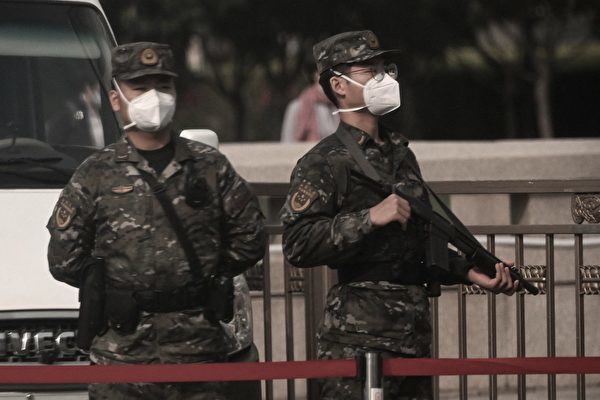
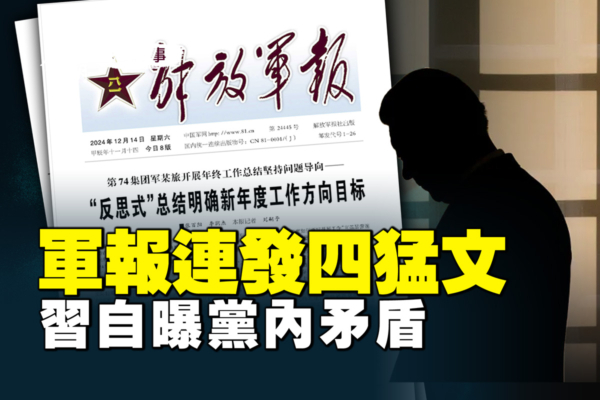
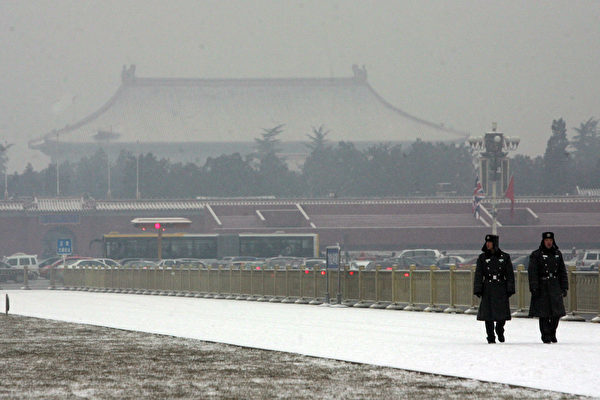
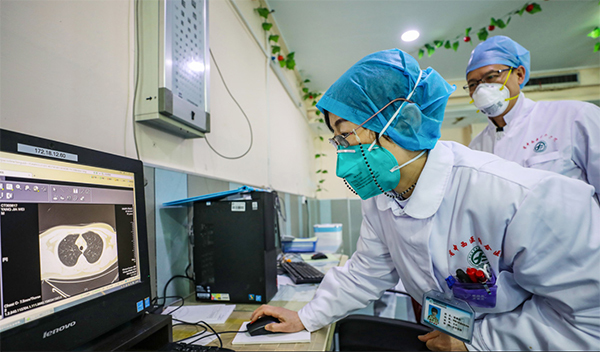
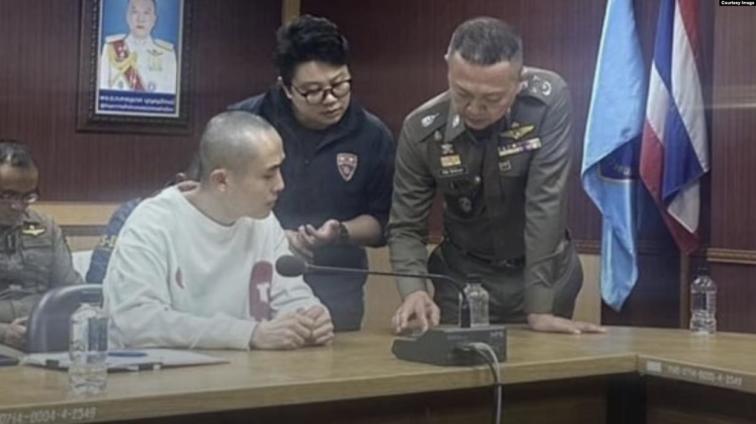

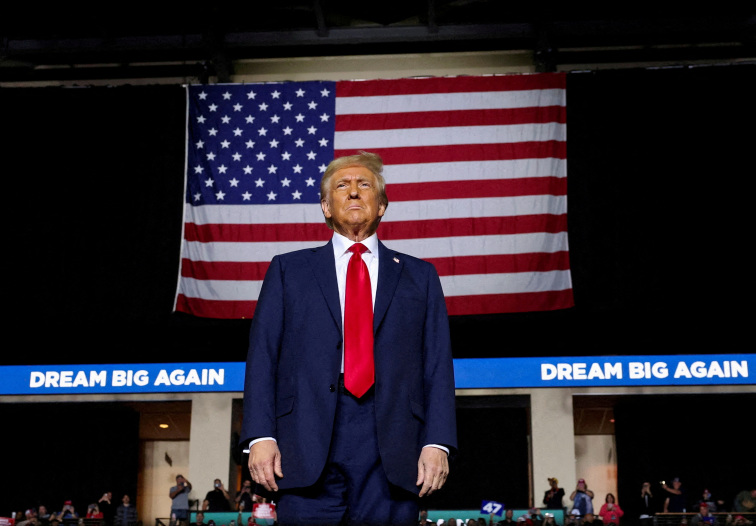


News magazine bootstrap themes!
I like this themes, fast loading and look profesional
Thank you Carlos!
You're welcome!
Please support me with give positive rating!
Yes Sure!